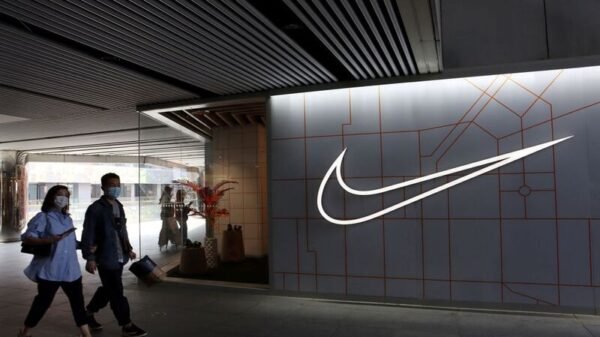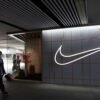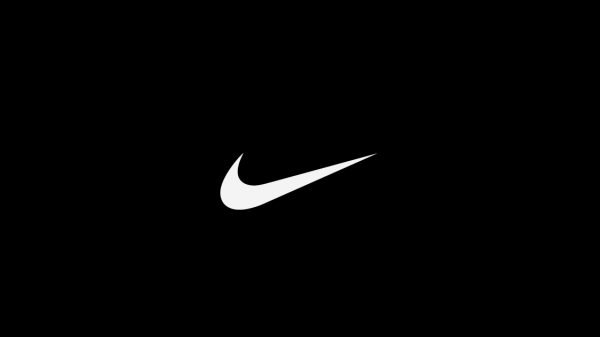Paralympic Athletes Advocate for Nike to Enable Individual Shoe Purchases
Stef Reid’s critique of Nike‘s use of amputee mannequins without offering single trainers for sale has sparked a conversation about inclusivity and accessibility in the sportswear industry. As a Paralympian and single-leg amputee herself, Reid highlighted the discrepancy between Nike’s portrayal of diversity and inclusion and its actual offerings for amputee customers.
Reid’s experience of being unable to purchase single trainers from Nike, despite the brand using one-blade, one-shoe mannequins in its stores, sheds light on the challenges faced by amputees in accessing suitable footwear. She emphasized the need for companies to go beyond mere representation and take concrete actions to support individuals with disabilities.
In response to Reid’s criticism, Nike stated that it was “exploring opportunities” and mentioned its One Shoe Bank program in the US, which provides single-leg amputees with one free trainer each year. However, Reid expressed her desire for a more meaningful conversation with Nike, urging the company to address the issue comprehensively.
Other Paralympic athletes, such as Sophie Kamlish, echoed Reid’s sentiments, emphasizing the importance of companies like Nike ensuring accessibility for all customers. Kamlish shared her frustration with having to discard perfectly good shoes due to the lack of single-shoe options.
Josephine Bridges, founder of charity Positive Bones, emphasized the potential benefits of offering single trainers, not only for amputees but also for individuals with different-sized feet or uneven wear patterns on their shoes.
Overall, Reid’s critique serves as a reminder for companies like Nike to prioritize inclusivity and accessibility in their product offerings, ensuring that their actions align with their stated values of diversity and inclusion.
















































Comment Template